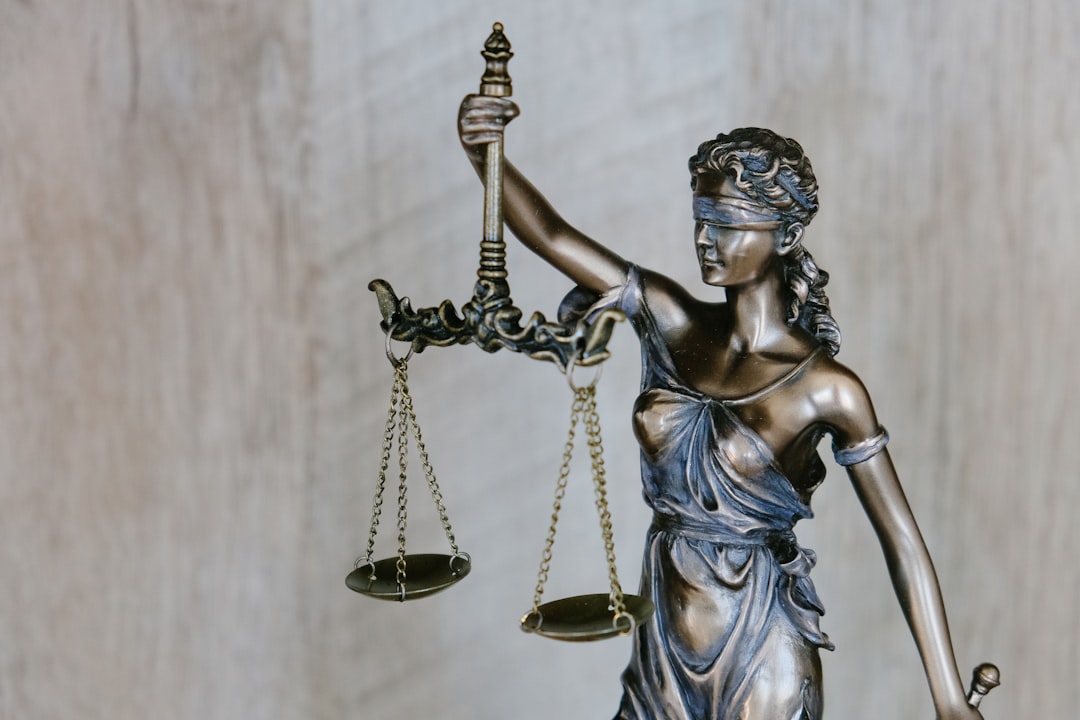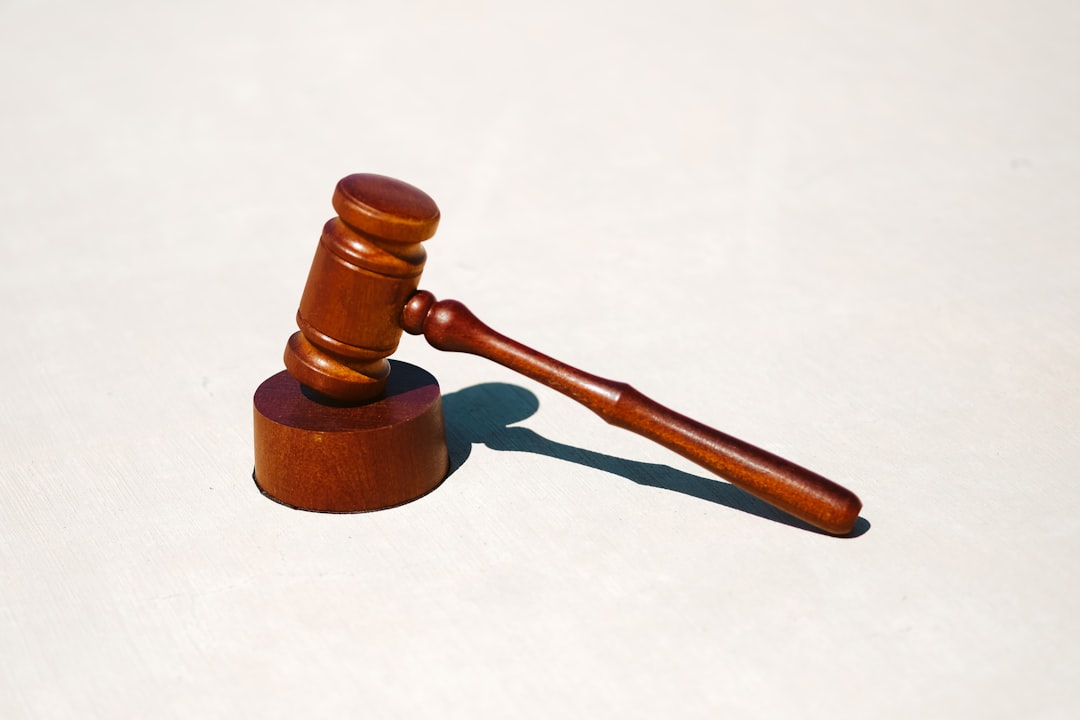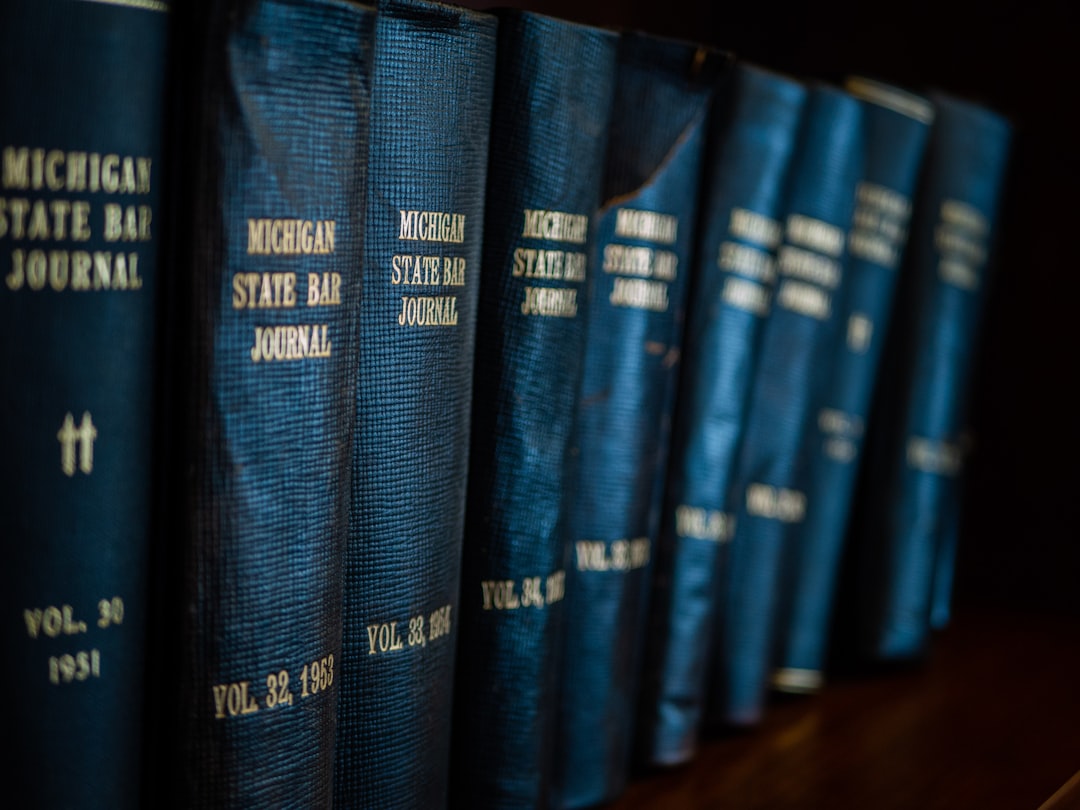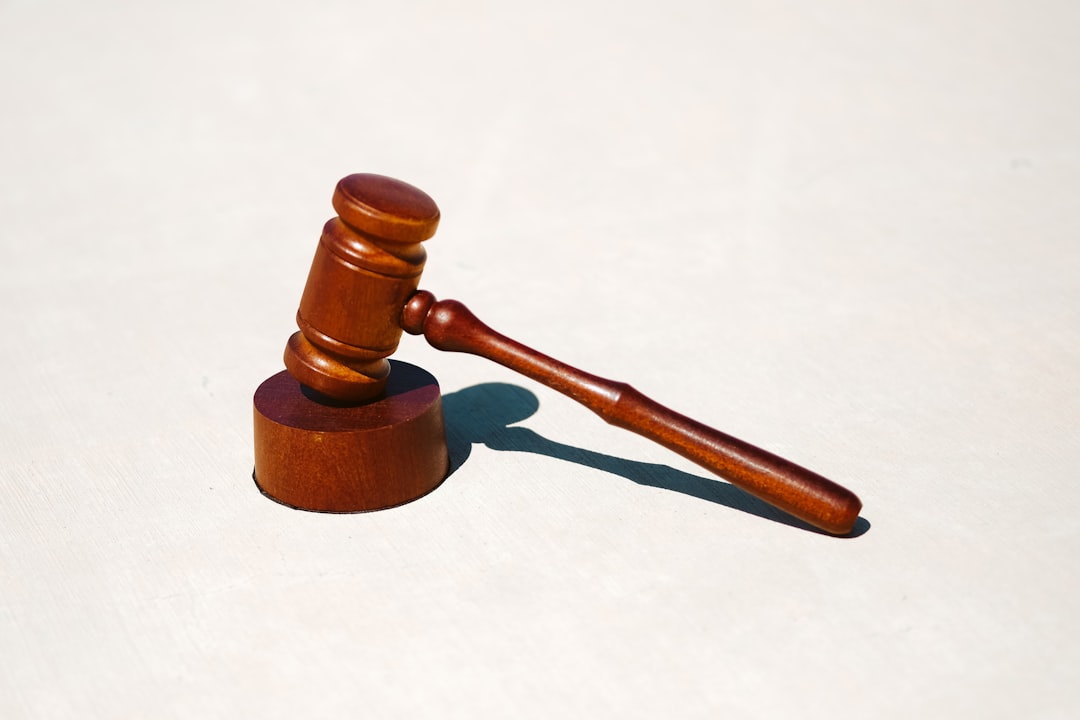Mississippi's school abuse law firm ensures robust protection against sexual misconduct through stringent background checks, mandatory reporting by educators, and clear investigation procedures. While laws have strengths like clear guidelines and reporting obligations, they also face challenges like confidentiality loopholes and varying statute of limitations. A specialized school abuse law firm plays a vital role in guiding survivors, enforcing legislation, and advocating for policy changes to create safer learning environments.
In Mississippi, as in many states, addressing sexual abuse within schools is a critical issue. This article delves into the complexities of Mississippi’s school sexual abuse laws compared to those of other states, examining legal protections for students and exploring the impact of varying degrees of strictness on survivors. We analyze the strengths and weaknesses of Mississippi’s current legislation and highlight advocacy efforts pushing for reform at the state’s schools, with a focus on providing comprehensive legal protections via a school abuse law firm in Mississippi.
Mississippi's School Sexual Abuse Laws: An Overview

Mississippi’s laws regarding sexual abuse within schools are designed to protect students and ensure accountability for perpetrators. The state has implemented several key provisions aimed at preventing, detecting, and addressing such incidents. One notable aspect is the requirement for schools to conduct thorough background checks on employees and volunteers, using a school abuse law firm Mississippi-based to assist in verifying individuals’ histories. This measure helps identify potential risks early on.
Additionally, Mississippi mandates mandatory reporting of suspected child abuse by educators and other school personnel. The laws also specify clear procedures for investigating complaints, ensuring that students can come forward without fear of retaliation. These comprehensive guidelines position Mississippi as a state committed to fostering a safe learning environment by empowering both victims and authorities through stringent school abuse law firm Mississippi-driven policies.
Legal Protections for Students in Other States

In many states across the US, students facing sexual abuse within educational institutions have legal protections in place. These laws vary significantly from state to state, offering different levels of support and justice for victims. For instance, some states have stringent policies mandating thorough investigations and strict penalties for perpetrators, while others may fall short in these areas.
A school abuse law firm in Mississippi, for comparison, might highlight the state’s specific regulations. It could emphasize how Mississippi’s laws compare to those of neighboring states or national standards in terms of reporting obligations, privacy protections for victims, and time limits for filing civil lawsuits. Understanding these differences is crucial for advocates, educators, and students alike, as it influences the resources available to address and prevent sexual abuse in schools.
Comparing Mississippi's Laws: Strengths and Weaknesses

When comparing Mississippi’s school sexual abuse laws to those of other states, it’s evident that the state has made strides in protecting students but still faces challenges. One strength lies in its recognition of the importance of reporting and investigation, with clear guidelines for schools and authorities. This proactive approach encourages victims to come forward, knowing their cases will be taken seriously. However, a weakness arises from potential loopholes in confidentiality provisions, which might deter survivors from seeking justice due to fear of exposure.
The state’s laws also vary in terms of statute of limitations, with some cases having longer periods, offering more time for victims to take legal action. While this is beneficial, the disparity across different types of abuse and age groups could leave room for improvement, especially when considering the long-term impact of such traumatic experiences. A uniform and comprehensive school abuse law firm Mississippi can provide better consistency in handling these sensitive matters.
Impact of Strict vs. lenient Laws on Survivors

In Mississippi, strict school sexual abuse laws are crucial for protecting survivors and fostering a safe learning environment. Survivors of school-related sexual abuse often face unique challenges, and the legal framework plays a pivotal role in their healing journey. When laws are stringent, it sends a powerful message that such crimes will not be tolerated, encouraging victims to come forward without fear of retaliation or dismissal. This can lead to increased reporting, which is essential for holding perpetrators accountable and preventing further harm.
Lenient laws, on the other hand, may deter survivors from seeking justice due to concerns about privacy, lack of support, and potential consequences. A robust school abuse law firm in Mississippi can aid victims in navigating these complexities, ensuring their rights are protected. By holding institutions and individuals accountable under strict legislation, survivors can find solace, receive closure, and contribute to a culture that prioritizes the well-being and safety of students above all else.
Advocacy and Reform Efforts in Mississippi Schools

In recent years, advocacy and reform efforts have gained significant momentum in Mississippi schools, driven by a collective desire to strengthen the state’s school sexual abuse laws. A dedicated school abuse law firm Mississippi has played a pivotal role in this movement, providing legal counsel and support to victims while pushing for policy changes. These initiatives aim to create safer environments for students by implementing stricter protocols for background checks of employees, enhancing reporting mechanisms, and mandating comprehensive training on recognizing and responding to instances of sexual misconduct.
The collective action has led to the introduction of stringent legislation that holds educational institutions accountable for their handling of sexual abuse cases. By fostering a culture of transparency and accountability, these reforms seek to empower students and their families, ensuring that justice is served and preventive measures are taken to protect future victims.






